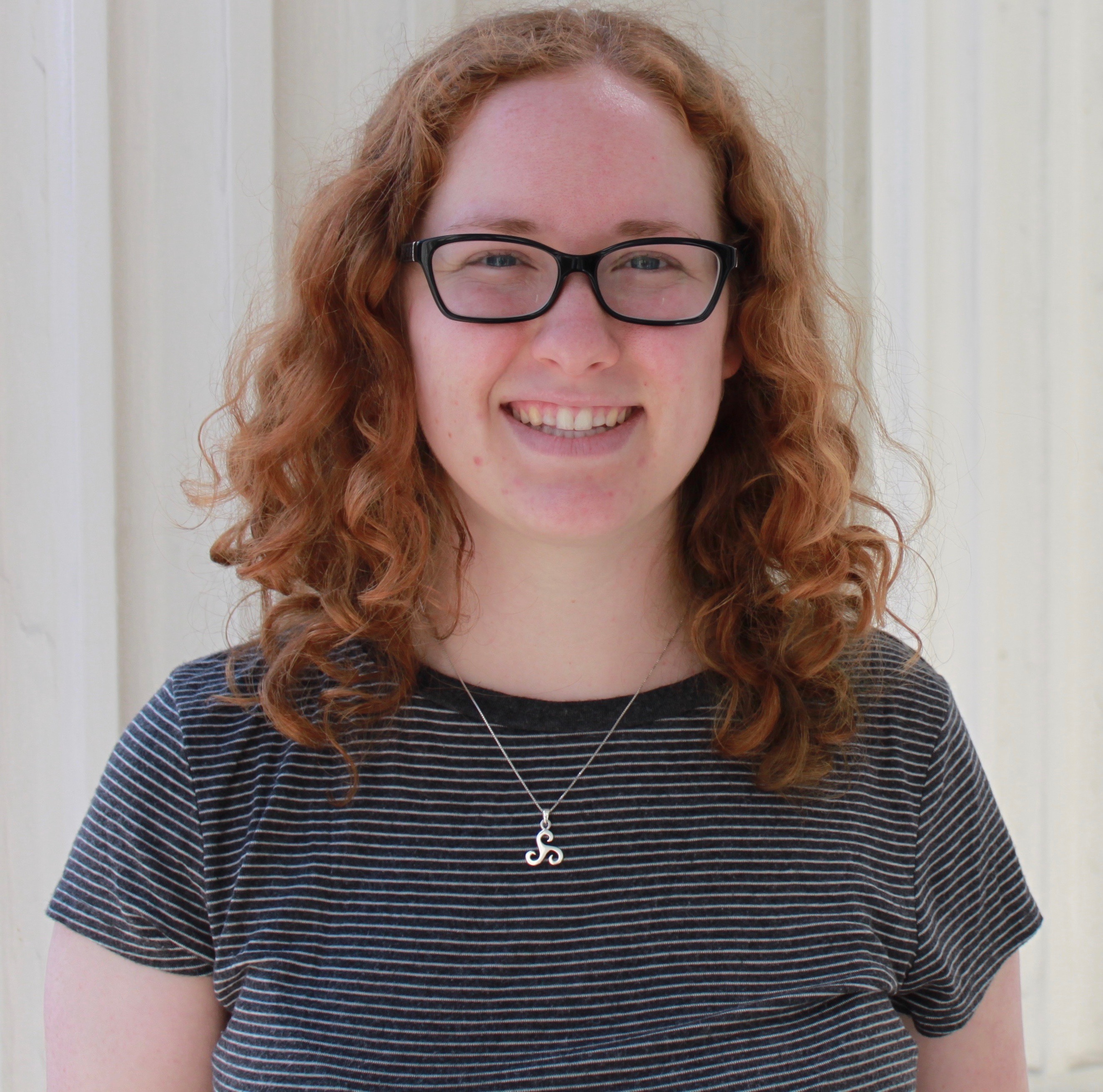
How Bolivia Is Changing My Perspective
Natalia Caprile, Sociology and Pre-Med ’18
Before the Privett Global Scholars program, I had never spent more than two weeks outside of the U.S. The thought of changing that through such a challenging program was daunting. However, being in Bolivia and having the opportunity to open myself up to the people here, as well as listen to their experiences, has given me an increased understanding of the world and myself.
One of my most challenging and rewarding experiences thus far has been the work I have done with my organization, Vivo en Positivo. Vivo does work surrounding HIV and AIDS (primary and secondary prevention, direct support for people living with HIV, as well as their family and loved ones, etc.) throughout Bolivia. For my project, I am focusing on primary prevention among youth in Cochabamba. To meet this end, we are going to middle and high schools in five municipalities and performing training sessions on HIV, human rights, and discrimination.
To prepare for these trainings, I conducted research, created PowerPoint presentations, and designed an informative brochure. Even with all this preparation, I felt the nerves as we went to our first training. I did not have complete confidence in my ability to talk in Spanish about such a specific topic for an hour. I sat back and listened to my coworkers lead the presentation while writing down key concepts on the board and passing other materials out to the students.
At the end of the training session, my coworker asked if there were any questions. One student raised her hand, pointed at me, and point-blank asked, “What does she think? Why hasn’t she said anything?” I could feel my heart beating, but I responded, “Sorry that I haven’t been talking a lot–I’m still working towards speaking Spanish fluently. But, for me, the most important thing is that you all know your rights and have correct information. I hope that you can talk about this amongst yourselves and with your other friends and family.” The young woman who asked the question nodded her head at me in response. I survived my first session.
The next day, I was leading training sessions on my own in a different school. Though my coworkers have been helpful and understanding while I have worked on my project, I was pushed out of my comfort zone pretty quickly. Other than learning how to lead an hour-long presentation in Spanish, I have also learned how important transparency and honesty are in doing work with communities in which you are an outsider.
When I go to schools to lead sessions, I own up to where I am from and what I am doing in this community. I touch on what I hope to bring as well as what I have learned from people and experiences here, and I encourage students to ask questions or call me out if they feel it is necessary. After multiple sessions, I have had students (mostly young women) come up to me and thank me for coming, ask me for more information, or ask if we can lead these sessions in other areas of their communities.
At the request of one of the principals from a school in which we held trainings, we have already branched out with our sessions. We held two at an organization that offers food, shelter, and activities to local children with less access to resources. After finishing the trainings there, they asked us to come back and hold more sessions.
I love doing work that allows me to have interactions with people in communities in Cochabamba. This project has given me more than just public speaking skills or technical knowledge about HIV. I have been fortunate enough to have real conversations with students who allowed me to see into parts of their lives. Some of them have told me stories that have changed the way I conceptualize things like health, family, and responsibility. Because of this, I have gained a greater understanding of others and myself on a global scale. The way I see things has shifted. There is no going back from here.









